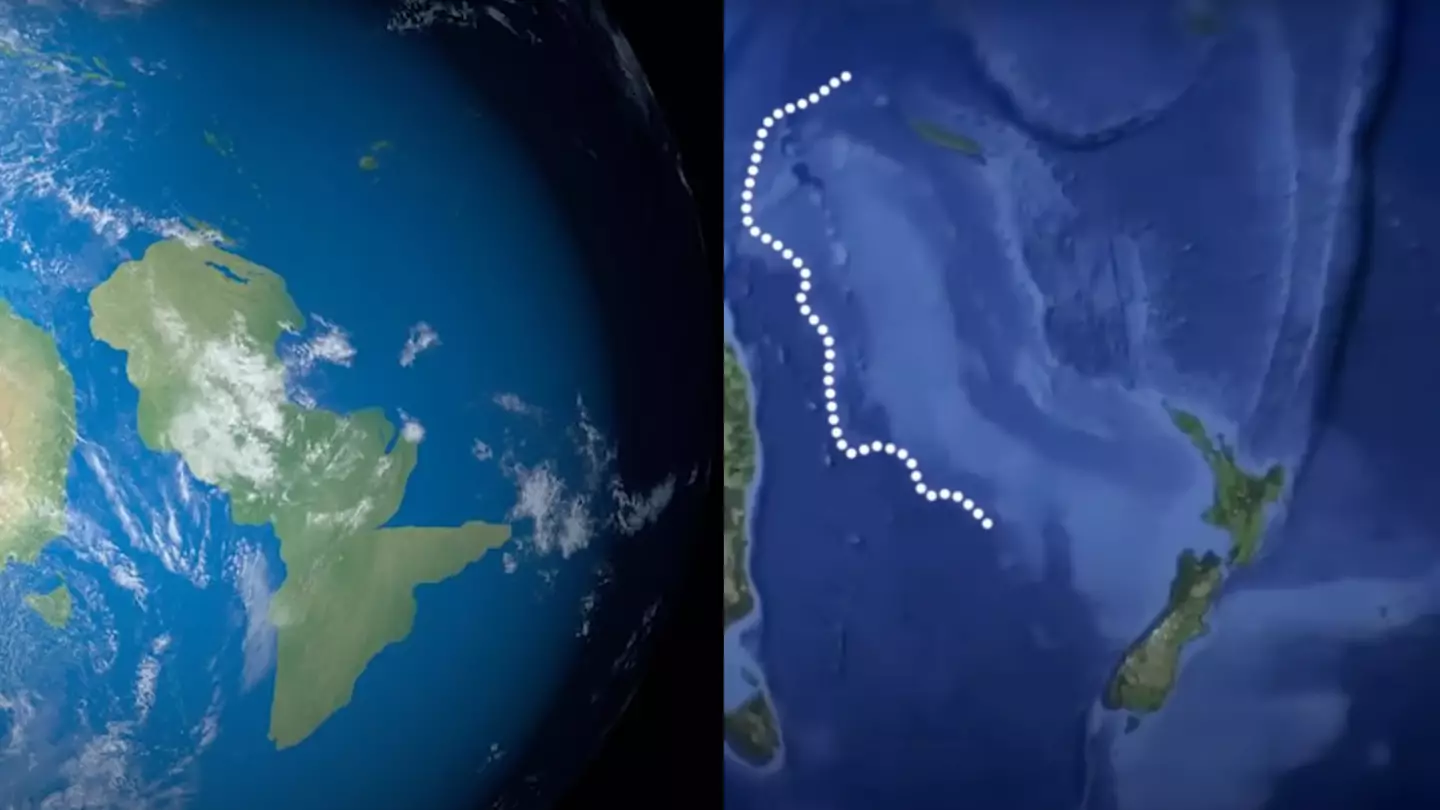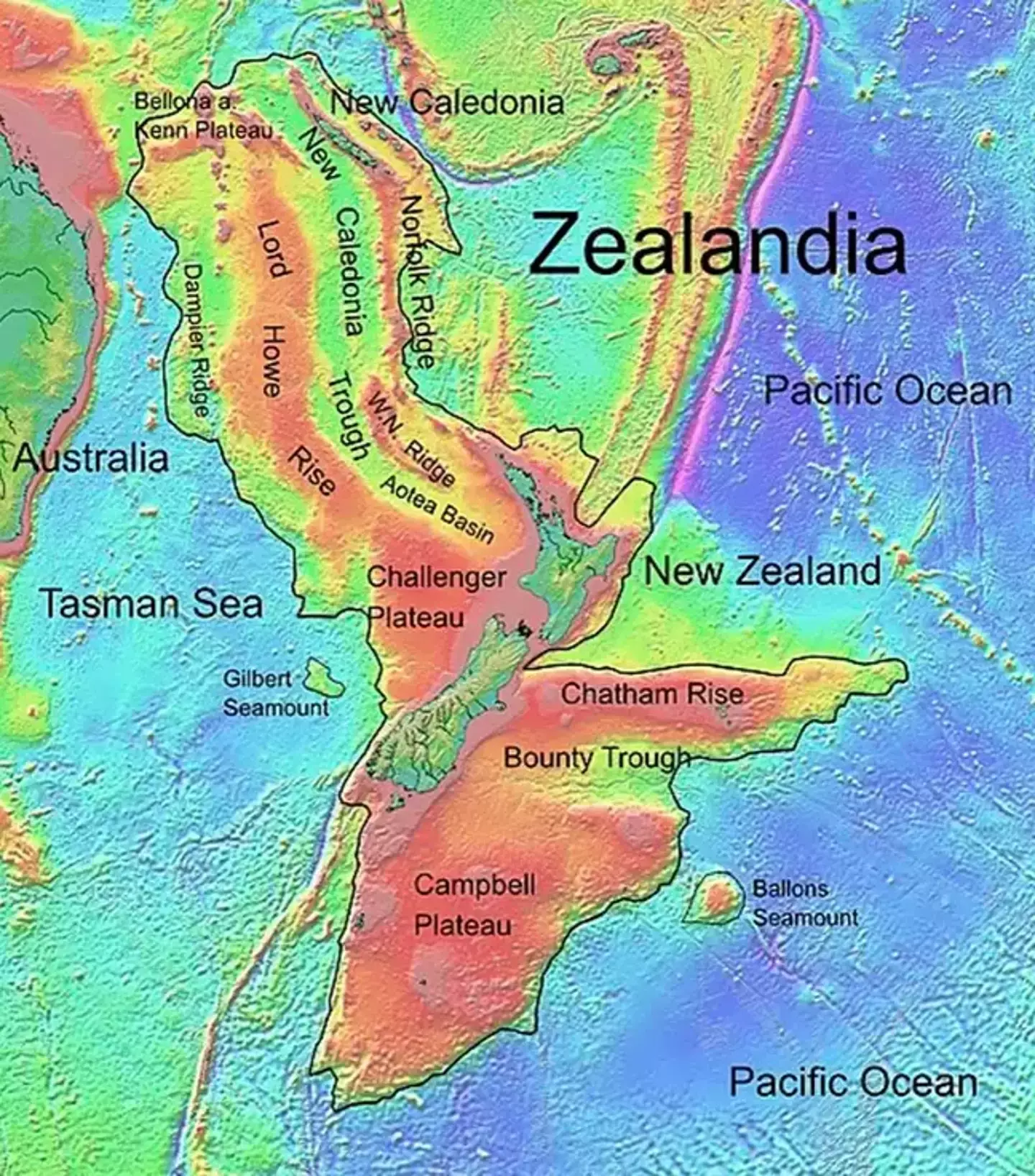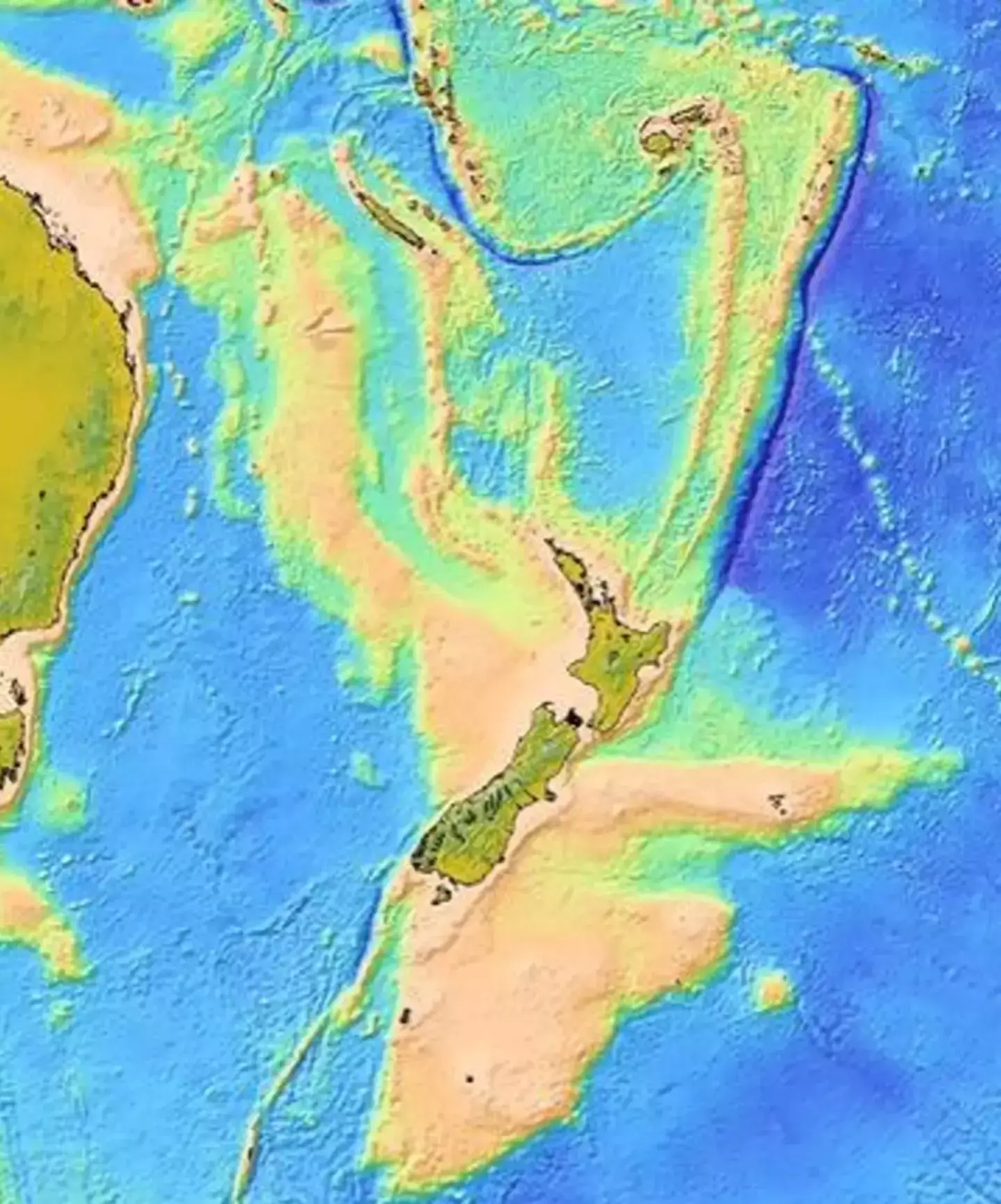
When an eighth continent was discovered it was pretty big news, what with it having been 'lost' all of this time.
If you're wondering how the world has that many continents, then let us explain.
While the Olympics are on and they use five rings to represent all of the continents, they cheat slightly by combing North America and South America into one, as well as dropping Antarctica from the mix since there are no countries from Antarctica.
Meanwhile, continent number eight doesn't even get counted at all since New Zealand has been counted as Oceania all this time.
Advert
This eighth spot on the list is the continent of Zealandia, also known as Te Riu-a-Māui, and we somehow managed to lose it for 375 years.

Well, sort of.
As you might have guessed, the main part of this continent that we can see is New Zealand, and the reason the rest of it has been 'lost' is because it's largely underwater.
This place was first 'discovered', long after the people already living there actually found it, in 1642 when Dutch sailor Abel Tasman sailed from Indonesia and found the southern island of what would come to be known as New Zealand.
It wasn't until 2017 that the place was confirmed to be a continent proper, though it is the smallest continent on the planet and about 94 percent of it is underwater so you can't go touring around it.
As for this new incredible discovery, studies of the rocks and ground of Zealandia indicated that the continent was about a billion years old, which makes it about twice the age that people first thought it was.
This continent being around for hundreds of millions of years more than expected is quite something, and only by studying the place itself can we gain a greater understanding of the world around us and what it used to be like.

Mapping out the continent of Zealandia was completed last year, and it's estimated that about 23 million years ago the entire thing was submerged underwater.
Depending on what you want to class it as it's either the world's largest microcontinent or the world's smallest continent.
Since it's six times larger than the world's next-largest microcontinent, Madagascar, it seems like we're better off classing it as the eighth continent proper.
Scientists can learn much from studying the ground beneath our feet, and sometimes beneath the sea, as it may tell us all sorts of fascinating things.
Topics: Science, World News